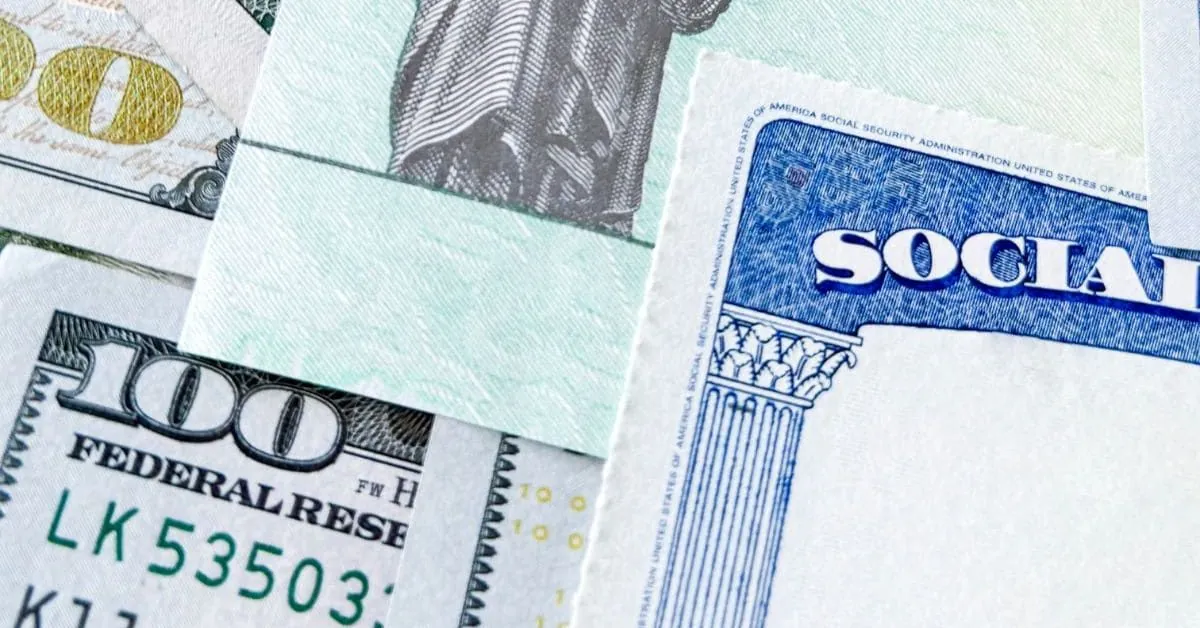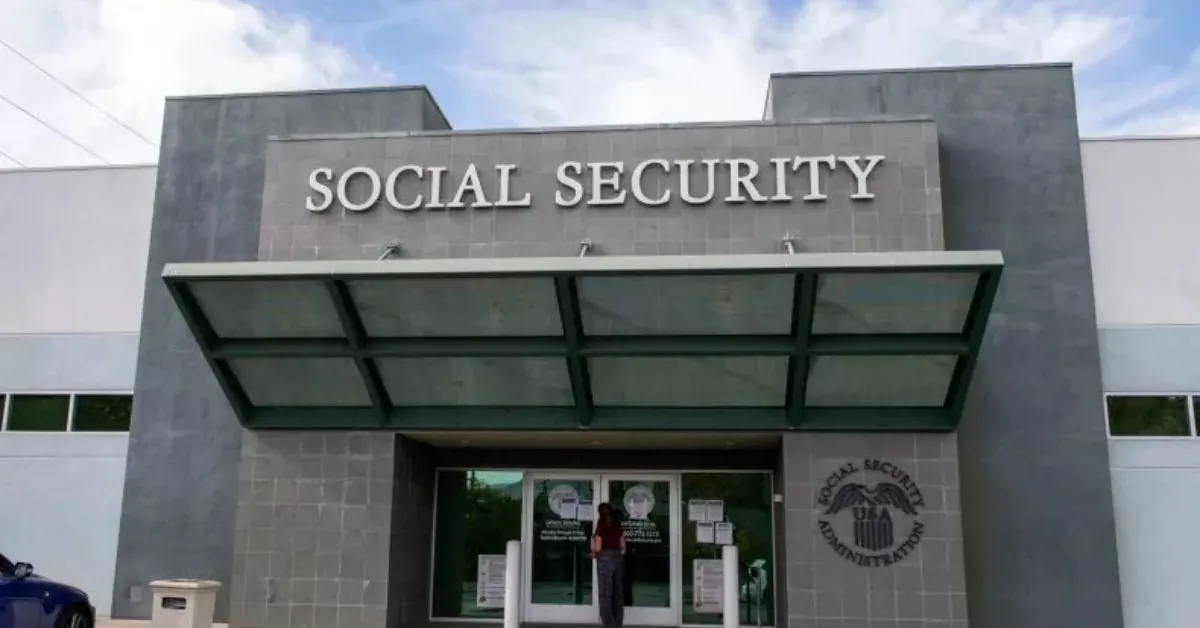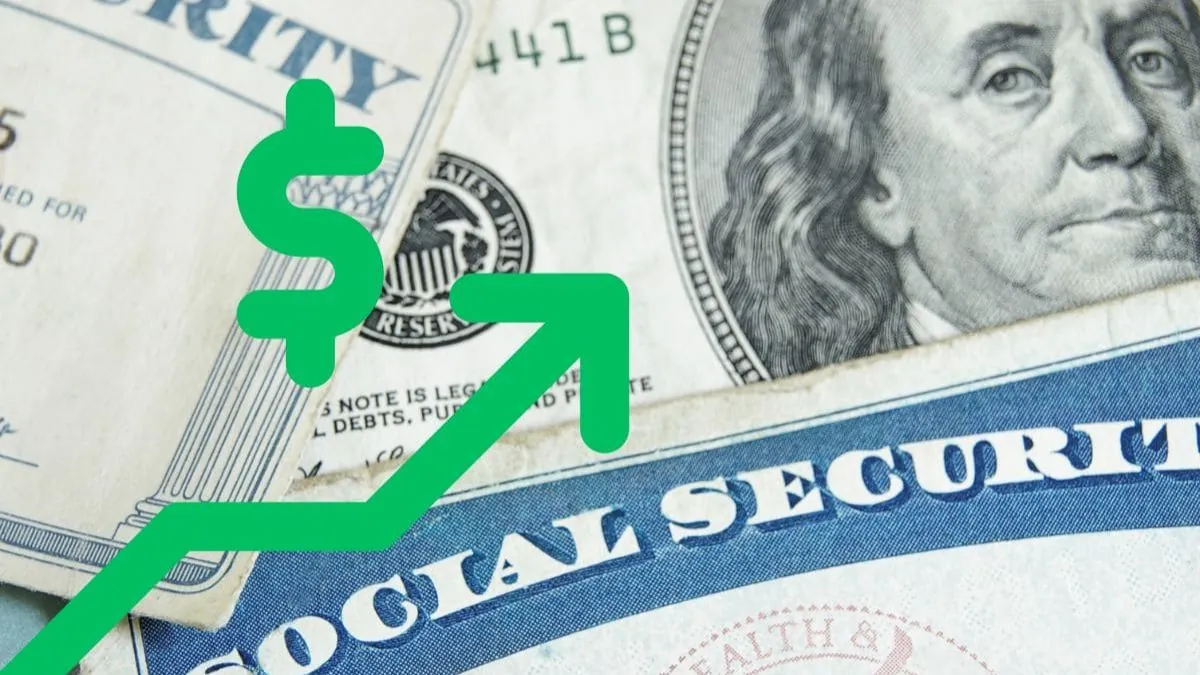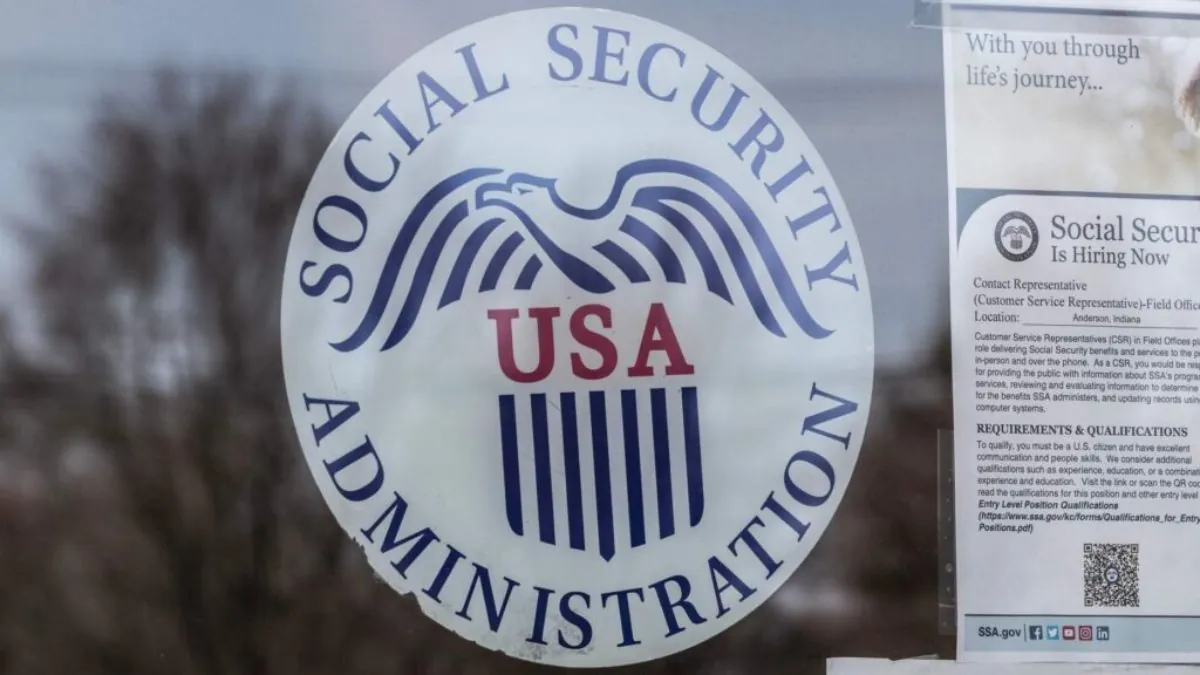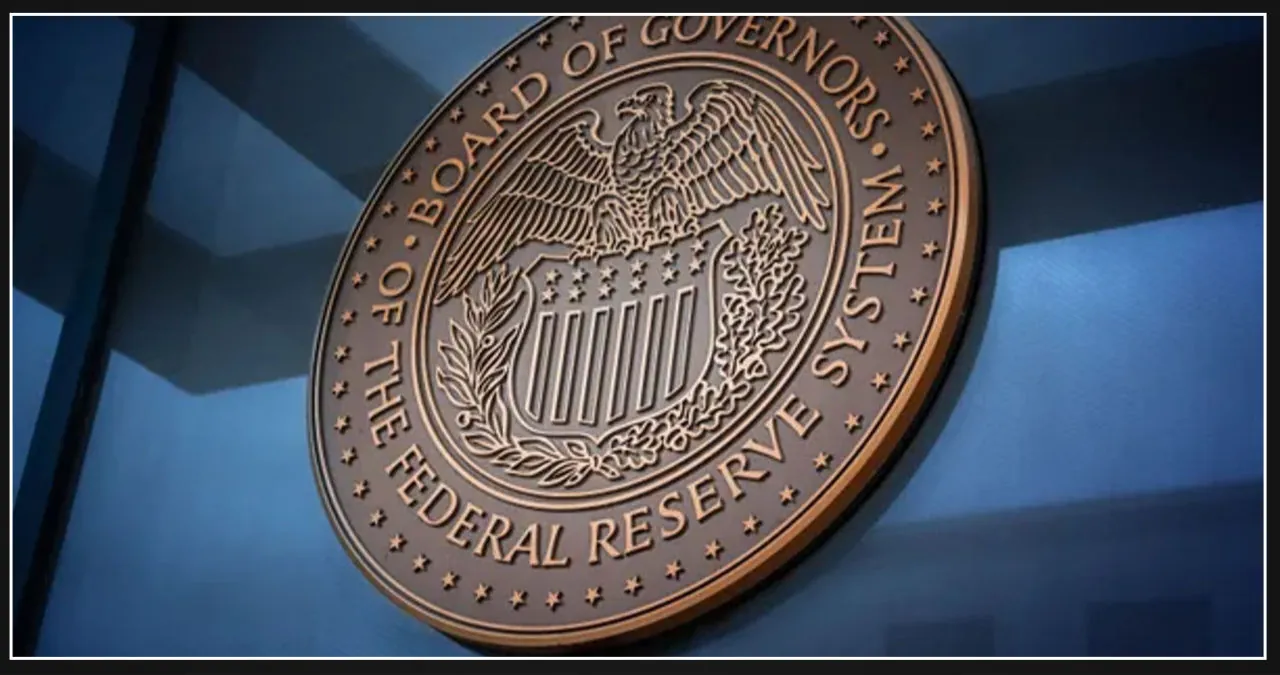For many U.S. citizens, Social Security retirement benefits serve as a crucial financial support in their later years. However, many people may not be aware that they could qualify for an additional check from the Social Security Administration (SSA). This extra payment, often overlooked, can provide essential financial relief for individuals meeting specific eligibility criteria.
In this article, we will explore how you can access this extra check, the requirements to qualify, and when you can expect to receive it.
Understanding the Extra Check from Social Security
The extra payment in question comes from a program called Supplemental Security Income (SSI). SSI is a federal assistance program designed to help individuals with low income and limited resources. It is separate from standard Social Security retirement benefits, meaning you can potentially receive both at the same time, as long as you meet the eligibility criteria.
Many retirees miss out on this additional check simply because they are unaware of their eligibility. Understanding how SSI works and the requirements for qualifying can help you access this extra financial aid.
Key Requirements for SSI Eligibility
To qualify for this extra Social Security payment through SSI, there are two key requirements that must be met:
Low Income and Limited Resources
The primary requirement for SSI is having a low monthly income and limited resources. If your income and financial resources fall below a certain threshold, you may be eligible for SSI. The SSA assesses both your earnings and resources, such as savings, property, and other assets, to determine your eligibility.
Age or Disability
In addition to financial criteria, you must also meet one of the following conditions:
- Be 65 years old or older.
- Have a disability.
- Individuals who are blind also qualify for SSI under the disability category. If you are younger than 65 but have a recognized disability, you may still qualify for the benefit.
How to Apply for the Extra Social Security Check
If you meet both of these requirements, you can apply for SSI through the SSA. The application process involves submitting documentation to prove your income, resources, and disability status if applicable. Each application is reviewed individually, and the SSA will determine whether you are eligible for monthly SSI payments.
It’s important to note that meeting the basic requirements doesn’t automatically guarantee approval. The SSA reviews each case thoroughly to ensure applicants meet all the criteria.
When Does the Extra Check Arrive?
Once approved for SSI, you can expect to receive payments on a regular schedule. SSI benefits are typically paid on the 1st of every month, although there are some exceptions.
- Direct Deposit for Faster Payment: If you choose to receive your SSI benefit through Direct Deposit, the funds will usually be available on the day they are sent.
- Exceptions for Weekends and Holidays: If the 1st of the month falls on a weekend or a federal holiday, the SSA will send the payment on the preceding business day. This ensures that beneficiaries receive their payments consistently.
Conclusion: Don’t Miss Out on the Extra Check
Supplemental Security Income can provide an essential boost for individuals who rely on Social Security retirement benefits. However, the key to accessing this extra payment lies in knowing whether you qualify and completing the application process.
By meeting the requirements of having low income, limited resources, and either being over 65 or having a disability, you may be eligible for an additional check every month. This can provide much-needed financial relief, helping to ease the burden of daily expenses while enjoying your Social Security retirement benefit.
If you think you might qualify, don’t hesitate to apply for SSI and take advantage of this extra payment from the SSA.
This Article Includes
